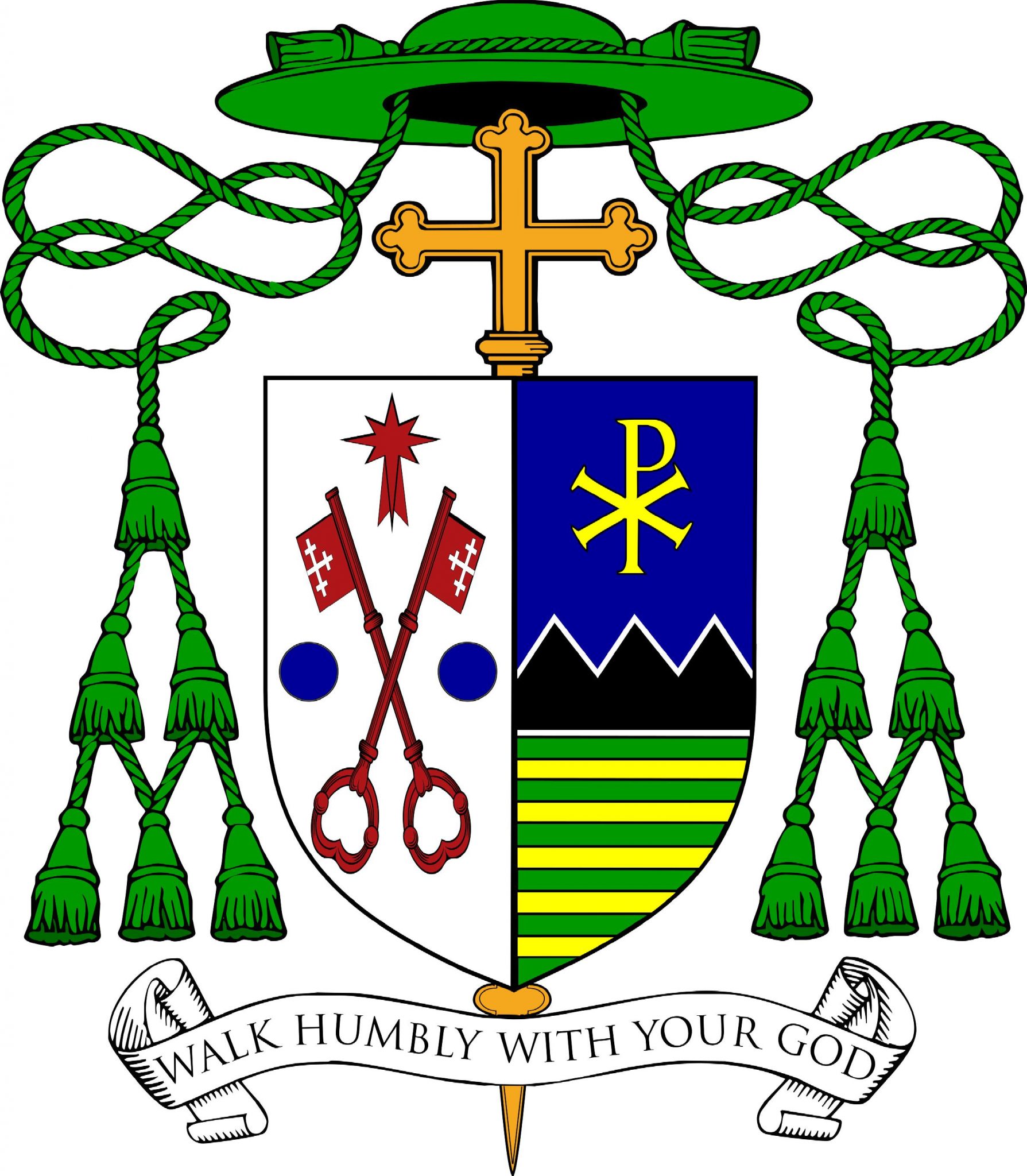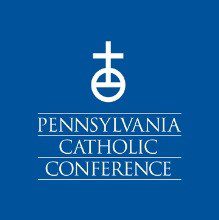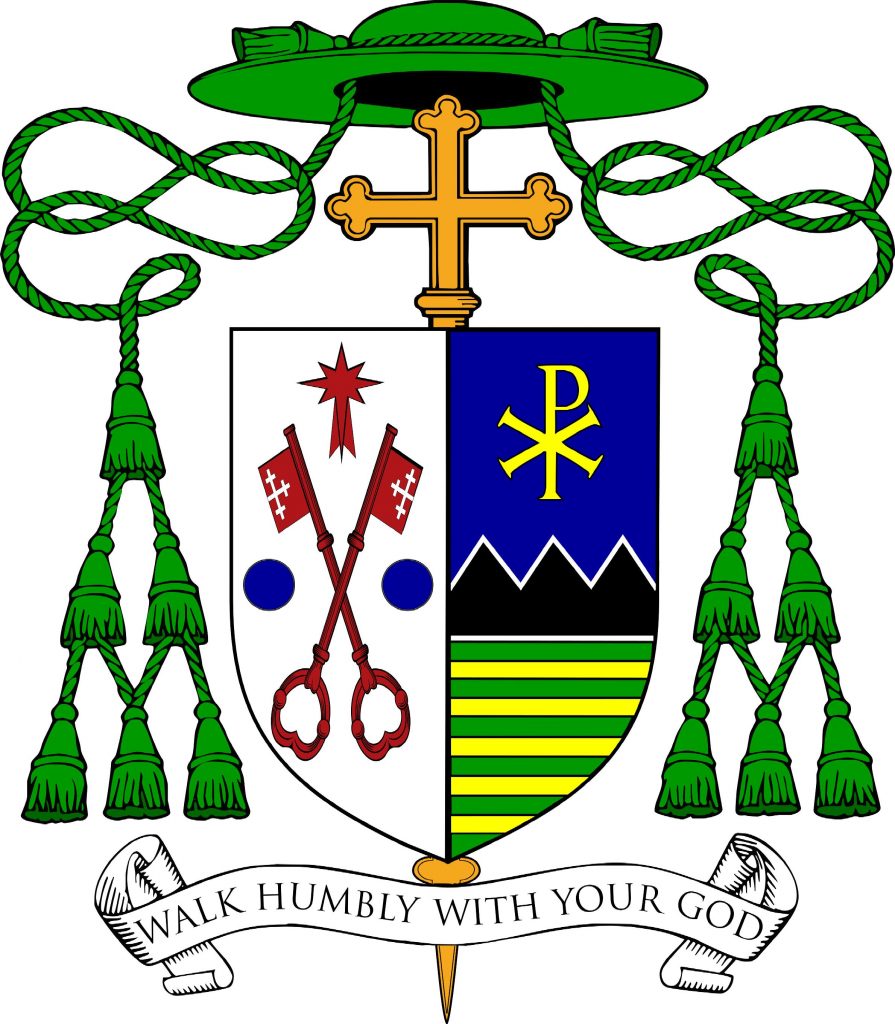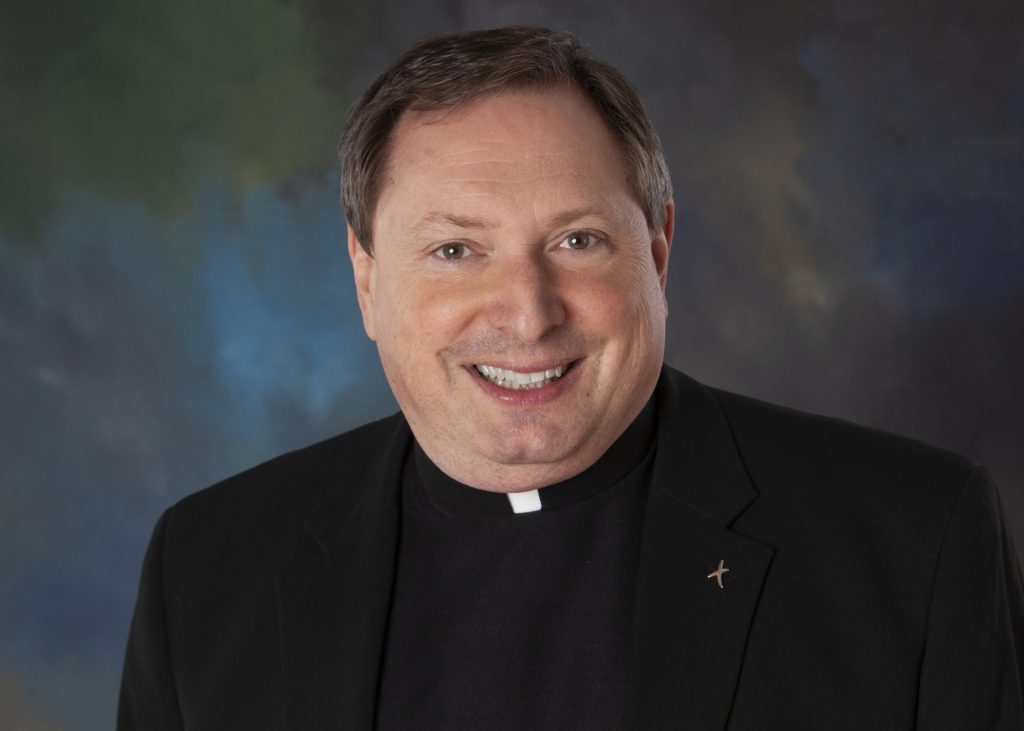
Dear Friends,
In the Gospel from Saint Mark that will be proclaimed during the great Vigil of Easter this year, we are told that women, who were followers of Jesus, went to his tomb to anoint his body in the early hours of that first Easter day. They had witnessed the torture and death of their friend and teacher whom they had come to know as their Lord and Master. Their grief was mixed with pain, uncertainty and fear for themselves, their families and friends. Yet, despite the obstacles that they faced, they made their way to the tomb of Jesus.
Pope Francis reflected on the faith of these first believers.
“In this situation, the women did not allow themselves to be paralyzed. They did not give in to the gloom of sorrow and regret, they did not morosely close in on themselves, or flee from reality. . . . They did not stop loving; in the darkness of their hearts, they lit a flame of mercy,” Pope Francis said. “They responded to sorrow with trust in the Lord. And then they met Jesus, the giver of all hope . . . who proclaimed: ‘Do not be afraid.’”
Through their encounter with the risen Jesus, the lives of those who ventured to his tomb just days after his crucifixion were changed forever! Their lives were changed because God had redirected the course of human history through the resurrection of his Son. By embracing our humanity, Jesus not only gave us hope by identifying with us in his life, suffering and death. He also provided us a way forward amid the pain and struggles of our lives by defeating death through the power of the resurrection!
A year ago at this time, it seemed as if our world had suddenly come to a crashing halt! Not unlike what was experienced by the first followers of Jesus, we were confronted with unexpected suffering and death. We were uncertain of how best to respond. We hid in our homes for fear of what we might experience, not only from unknown individuals but also from neighbors, co-workers and those whom we love the most. While our churches were closed, we prayed fervently that the wave of suffering enveloping our world might stop before it crashed into our lives.
Even though our days found us consumed with uncertainty, pain and confusion, we took great comfort in the example of healthcare workers, first responders, clergy, women and men religious, essential workers, volunteers and so many others. They consoled us and more importantly, they inspired us, didn’t they? Like the women who ventured to the tomb of Jesus on that first Easter day, these selfless souls would not allow themselves to be paralyzed, but instead, worked tirelessly to keep the flame of hope burning in our lives. And so did all of you! More than you might realize, you provided hope. In so many and different ways, you responded to the needs of your brothers and sisters and you served generously and selflessly.
In short, my friends, through your faith and belief in the resurrection of Jesus and all that it means for our lives, you made as your own the teaching of Pope Francis in his most recent encyclical letter, Fratelli tutti, that reminds us, “No one is saved alone; we can only be saved together.” This reality, my friends, that you and so many have lived and experienced especially during this past year, was born in an empty tomb in the initial moments of the life of our Church on that first Easter morning.
On Palm Sunday, just a few days ago, Pope Francis reminded us of the power of the resurrection in the midst of the uncertainty and pain of these challenging days.
“God is at our side in every affliction, in every fear; no evil, no sin will ever have the final word. God triumphs . . . through the wood of the cross,” he said.
Therein, my friends, is what we believe as Christians and the real blessing and gift of Easter. The risen Jesus alone has the power to carry us through the darkest of days to discover consolation, joy and the true meaning and purpose of our lives as his people.
To over 85 catechumens and candidates who await baptism and full communion in the Catholic Church, please know of our prayers for you. Your openness to the Spirit of God is cause for great joy. Welcome to our Catholic family. In so many ways, you are witnessing the Church at its best as so many selflessly serve their brothers and sisters.
My friends, thankfully we are beginning to see glimmers of light and hope emerge throughout our world, even as we continue to confront that challenges that we have faced for well over a year. During this Holy Week, I pray that we will all come to appreciate more deeply than ever the fact that we are indeed blessed in more ways than we might believe or imagine. May we trust in God’s promise to sustain us and dispel our deepest fears. And may we open our hearts to the risen Jesus and allow him to fill them with his love and peace.
This is the day that the Lord has made. Let us rejoice and be glad!
Faithfully yours in the Risen Christ,
Most Reverend Joseph C. Bambera, D.D., J.C.L.
Bishop of Scranton



 Dear Brothers and Sisters,
Dear Brothers and Sisters,
